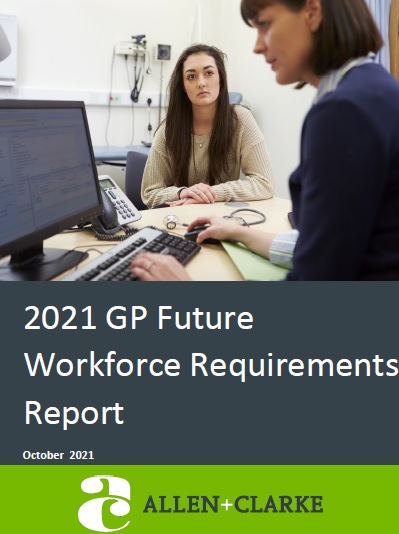We know there’s a GP shortage in New Zealand. In 10 years, at the current rate, New Zealand will be short 300 GPs.
Research shows the shortage means:
- The number of GPs per 100,000 people is projected to fall from 74 in 2021 to just 70 In 2031
- People can’t always get a GP appointment when they need it. That is worst for Māori adults, but Māori and Pasifika children also suffer by not being able to get appointments.
- Even with making changes to our training programme, it will take time for those changes to take effect
Adding more GPs will have a measurable impact on the health of New Zealanders:
- 10 extra GPs per 100,000 people means about 30 people a year wouldn’t die from cancer, respiratory, and cardiovascular issues.
- More GPs would save the economy $139.6 million in health savings a year ($150m per year in savings minus the cost of $10.4m to train more GPs).
To prevent a deterioration in healthcare for New Zealanders, we need more GPs. That means:
- The GP training intake run by The Royal New Zealand College of General Practitioners needs to increase starting in 2023, from 200 a year to 300 a year to develop a sustainable workforce. The College is doing as much as it can; other entities need to support this activity (such as the Ministry of Health, Government and Universities).
- Post-graduate training for doctors in hospitals needs to include more of a focus on general practice content to ensure that it is seen as a viable career choice, and everyone understands what medical care delivery in the community is about.
- The model of care has changed so that GPs are working in wide ranging teams and the new Health NZ needs to recognise that and support it, as this is a complete change from 20 years ago when the primary care strategy was established.
- Just like any other health service delivery the whole team works together and although some people have some of our skills, specialists in general practice are essential to the provision of complex broadly scoped medical care in the community.
Communities need specialist general practitioners who have the training and the knowledge to provide the comprehensive and complex continuity of care that is required for all patients. GPs provide cradle to grave care and see everything in between.